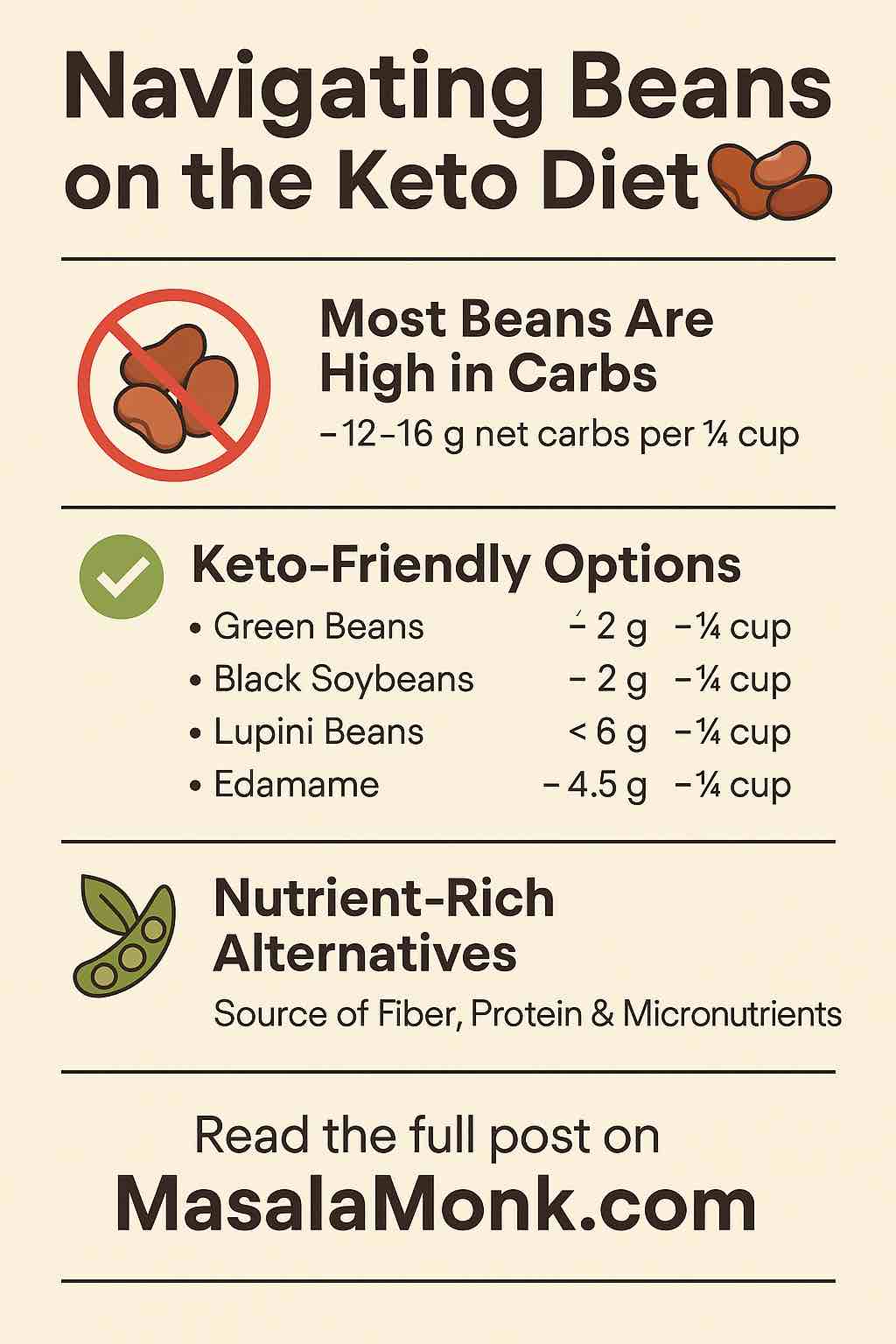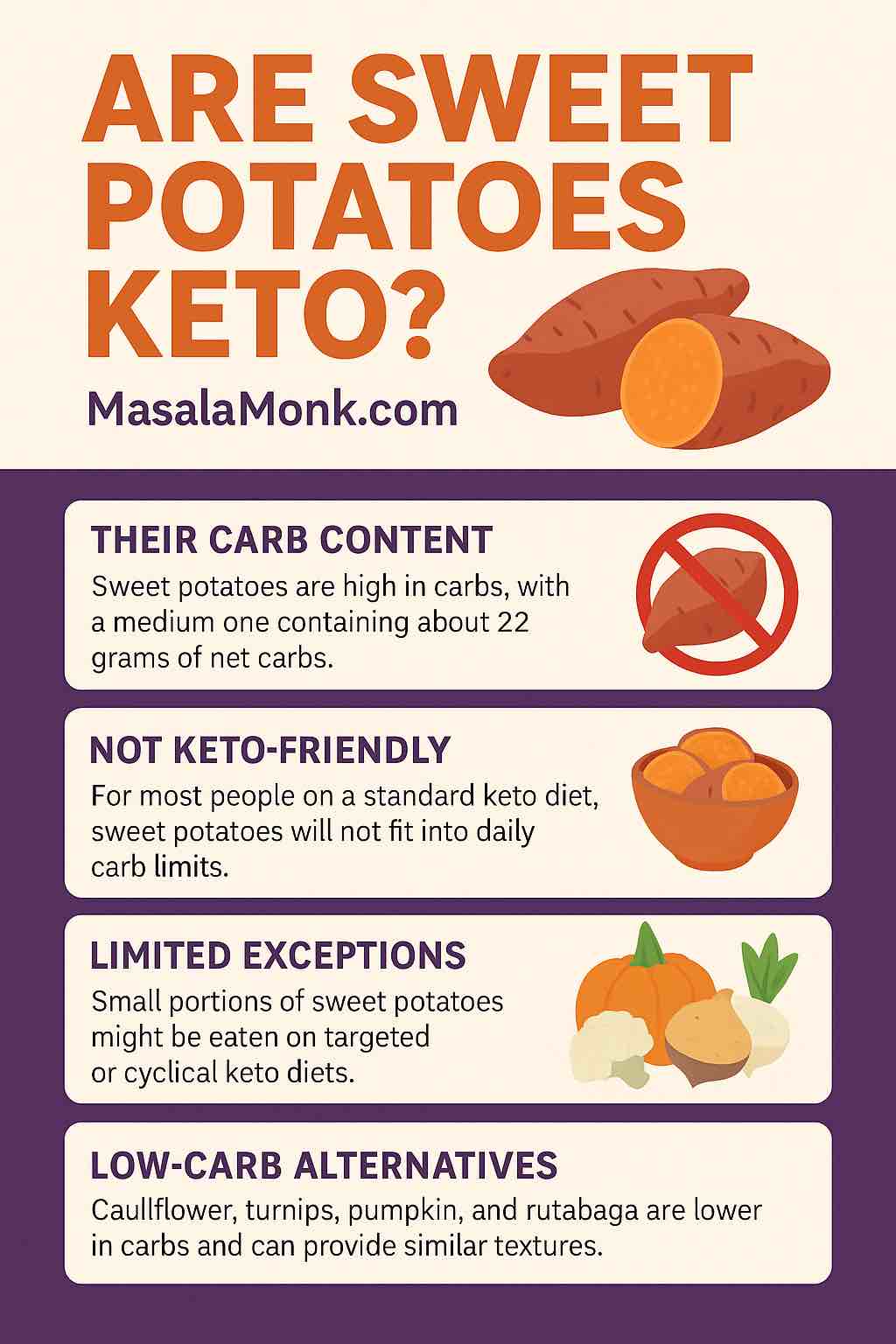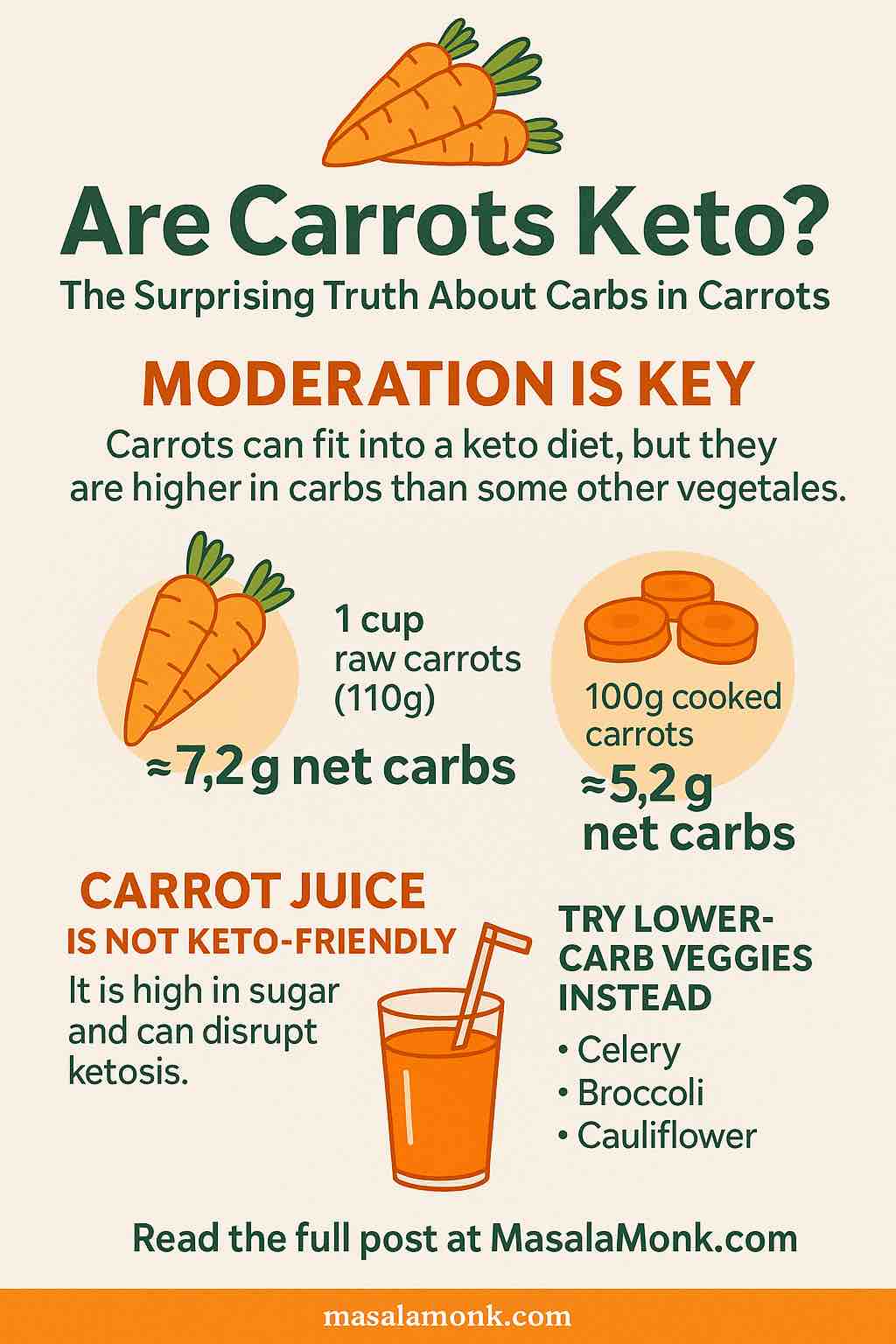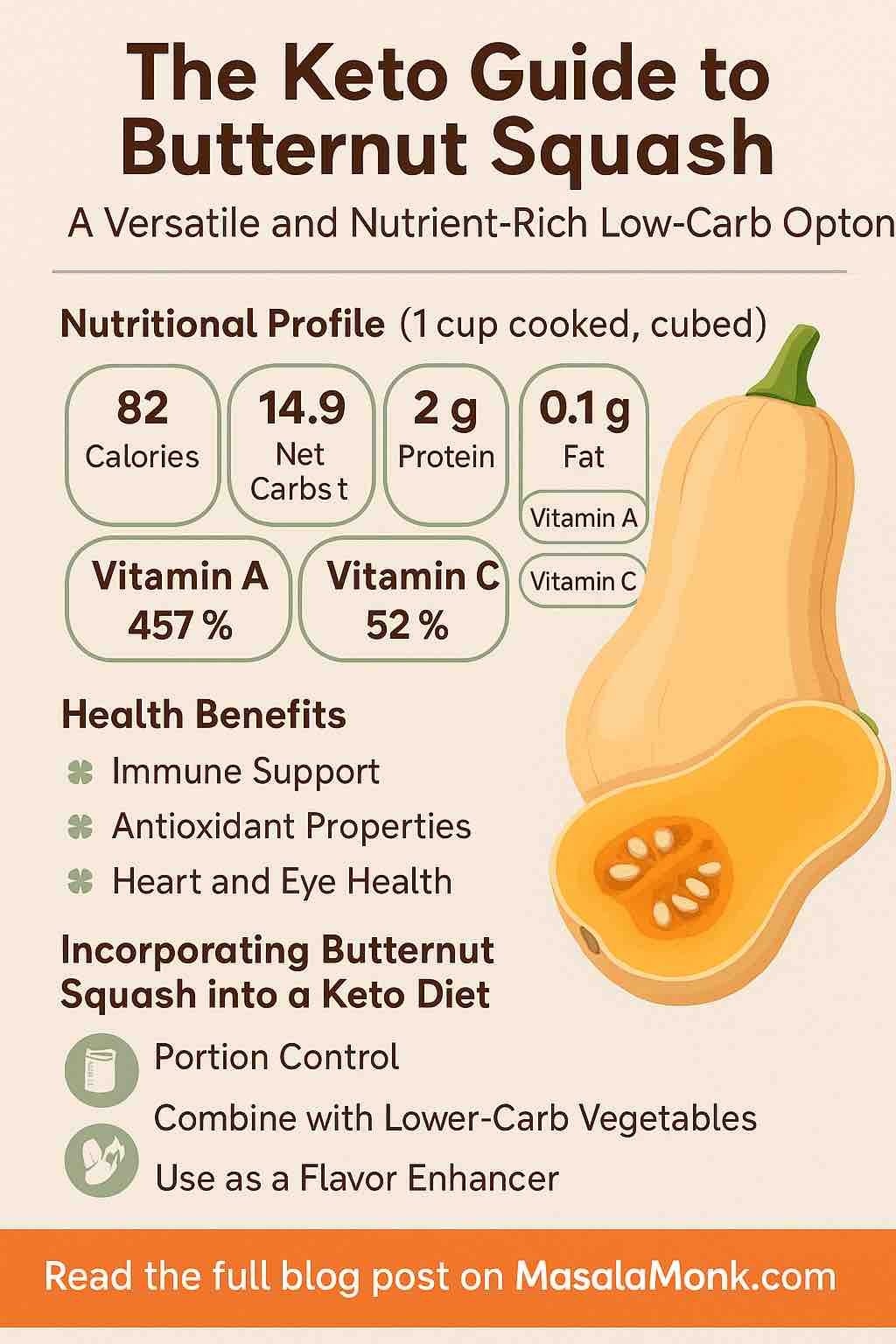
When starting or sustaining a ketogenic (keto) diet, one of the trickiest food groups to navigate is legumes. Beans, lentils, and peas are nutritional powerhouses in many diets, but they pose a unique challenge on keto because of their carbohydrate content. If you’re wondering whether beans have a place on your keto plate, this comprehensive guide will help you make informed, practical decisions.
Understanding the Keto Diet Basics
At its core, the ketogenic diet is a low-carb, high-fat, moderate-protein dietary approach. The goal is to shift your body from relying on glucose (sugar) for fuel to burning fat for energy, entering a state called ketosis. To achieve and maintain ketosis, most people aim for 20–50 grams of net carbs per day.
Because beans are rich in carbohydrates—particularly starch and some sugars—they are often considered incompatible with keto. However, not all beans are created equal, and some can be included in moderation if you choose wisely.
Why Beans Are Tricky on Keto
Most traditional beans, like black, kidney, pinto, and navy beans, contain 12–18 grams of net carbs per 1/2 cup serving. For someone trying to stay under 20 grams of net carbs daily, a single serving of most beans could take up nearly the entire daily allowance.
That said, beans also offer many benefits:
- High in plant-based protein
- Excellent source of dietary fiber
- Rich in vitamins and minerals like folate, iron, potassium, and magnesium
- Promote satiety and gut health
The question isn’t whether beans are healthy, but whether they can be consumed in a way that supports ketosis.
Beans and Legumes That Fit Into Keto
Here are some lower-carb, keto-friendly options:
1. Green Beans
- Net Carbs: ~2-4g per 1/2 cup cooked
- Why It Works: Although called a “bean,” green beans behave more like non-starchy vegetables.
- How to Use: Sautéed with garlic and butter, tossed into salads, or included in casseroles.
2. Black Soybeans
- Net Carbs: ~2g per 1/2 cup
- Why It Works: High in fiber and protein with minimal impact on blood sugar.
- How to Use: Substitute in chili, soups, stews, or refried bean-style dips.
3. Edamame (Young Soybeans)
- Net Carbs: ~4-5g per 1/2 cup
- Why It Works: Moderately low in carbs, rich in essential amino acids.
- How to Use: Steamed and seasoned with sea salt or incorporated into stir-fries.
4. Lupini Beans
- Net Carbs: ~1-6g per 1/2 cup, depending on brand and preparation
- Why It Works: Very high in protein and fiber; some brands have near-zero net carbs.
- How to Use: As a snack, in antipasto platters, or chopped into salads.
5. Wax Beans
- Net Carbs: ~4g per 1/2 cup
- Why It Works: Similar to green beans in carb profile and usage.
- How to Use: Lightly steamed or pickled for a crunchy addition to dishes.
Beans to Avoid on Strict Keto
Unless you’re practicing a cyclical or targeted keto diet (which includes carb refeed days), avoid these higher-carb beans:
- Chickpeas (Garbanzo Beans)
- Black Beans (standard)
- Kidney Beans
- Pinto Beans
- Navy Beans
- Lentils
- Lima Beans
These contain 12–18g+ net carbs per 1/2 cup, which can easily knock you out of ketosis.
Strategic Use: When and How to Include Beans
1. Cyclical or Targeted Keto Approaches
If you’re doing Cyclical Keto (CKD) or Targeted Keto (TKD), you may have designated days or times when higher-carb intake is acceptable (e.g., post-workout). On these days, modest servings of higher-carb beans may be permissible.
2. Watch the Portion Sizes
Even for the lower-carb varieties, portion control is critical. Stick to 1/4 to 1/2 cup servings and balance them with high-fat, low-carb foods.
3. Read the Labels
Many canned or pre-seasoned beans have added sugars or starches. Always check nutritional labels for added carbs.
4. Cook and Prepare Properly
Soaking and cooking beans thoroughly can help reduce antinutrients like lectins and phytic acid, which may interfere with mineral absorption.
Health Benefits and Nutrient Considerations
Even on keto, fiber and micronutrients matter. Beans can help fill nutritional gaps that are common on long-term low-carb diets:
- Fiber helps support digestion, satiety, and blood sugar regulation.
- Magnesium, potassium, and folate are essential nutrients that can be harder to obtain on a carb-restricted diet.
Including small portions of keto-friendly beans is a strategic way to round out your diet without breaking ketosis.
Sample Keto Meal Ideas with Beans
- Keto Chili: Use black soybeans instead of black or kidney beans.
- Garlic Butter Green Beans: Side dish with grilled steak or roasted chicken.
- Lupini Bean Antipasto Bowl: Combine lupini beans, olives, cherry tomatoes, and artichokes.
- Asian Edamame Stir Fry: Toss with sesame oil, tofu, and broccoli.
Final Thoughts
You don’t have to give up beans entirely to stay on keto. By choosing the right varieties and managing your portions carefully, you can enjoy the nutritional benefits of legumes without sabotaging your low-carb goals.
Focus on low-carb bean varieties like green beans, black soybeans, lupini beans, edamame, and wax beans. Avoid or strictly limit traditional high-starch legumes unless your keto regimen allows for more flexibility.
As always, experiment cautiously and track how different foods affect your individual response. Ketosis isn’t just about counting carbs—it’s about making smart, sustainable choices that support your energy, metabolism, and overall health.
✅ FAQs: Beans on the Keto Diet
1. Can I eat beans on a strict keto diet?
Answer: Only certain beans with low net carbs—like green beans, black soybeans, lupini beans, edamame, and wax beans—are suitable. Traditional beans (e.g., black, kidney, pinto) are too high in carbs for strict keto.
2. What are “net carbs” and why do they matter for beans?
Answer: Net carbs = total carbs − fiber. Since fiber doesn’t spike blood sugar, only net carbs count toward your keto limit. Beans with high fiber, like black soybeans, have low net carbs and are better for keto.
3. How much of a keto-friendly bean can I eat?
Answer: Typically, ¼ to ½ cup of low-carb beans can fit into a keto plan. Measure servings carefully and balance them with fats and very low-carb foods to stay within your daily net carb limit.
4. Are canned beans okay on keto?
Answer: Only if they’re low-carb varieties with no added sugars or starches. Always check the nutrition label—some canned beans contain hidden carbs from sauces or preservatives.
5. What’s the difference between black beans and black soybeans?
Answer: Black beans (standard) have 12–16g net carbs per ½ cup—too high for keto. Black soybeans, however, contain only ~2g net carbs and are keto-friendly due to their high fiber and protein content.
6. Can I use beans in keto-friendly recipes like chili or dips?
Answer: Yes, just substitute traditional beans with black soybeans, green beans, or edamame. For example, use black soybeans in chili or mashed lupini beans in dips.
7. Are lentils or chickpeas allowed on keto?
Answer: No, both are too high in net carbs (~13–16g per ½ cup). They’re best avoided unless you’re doing a cyclical or targeted keto approach with planned higher-carb intake.
8. Are there keto-friendly bean snacks?
Answer: Yes! Look for lupini bean snacks (e.g., pickled or roasted) with zero or very low net carbs. These make great high-protein, high-fiber options with minimal impact on ketosis.
9. Do I need to soak or cook beans differently for keto?
Answer: Soaking and cooking don’t affect carbs significantly, but they reduce antinutrients like lectins and phytic acid, improving digestion and nutrient absorption—especially important on nutrient-restricted diets like keto.
10. Can I ever have high-carb beans on keto?
Answer: Occasionally—if you follow cyclical or targeted keto (CKD or TKD), small portions of high-carb beans may fit on carb refeed days. Otherwise, they’re best avoided.












